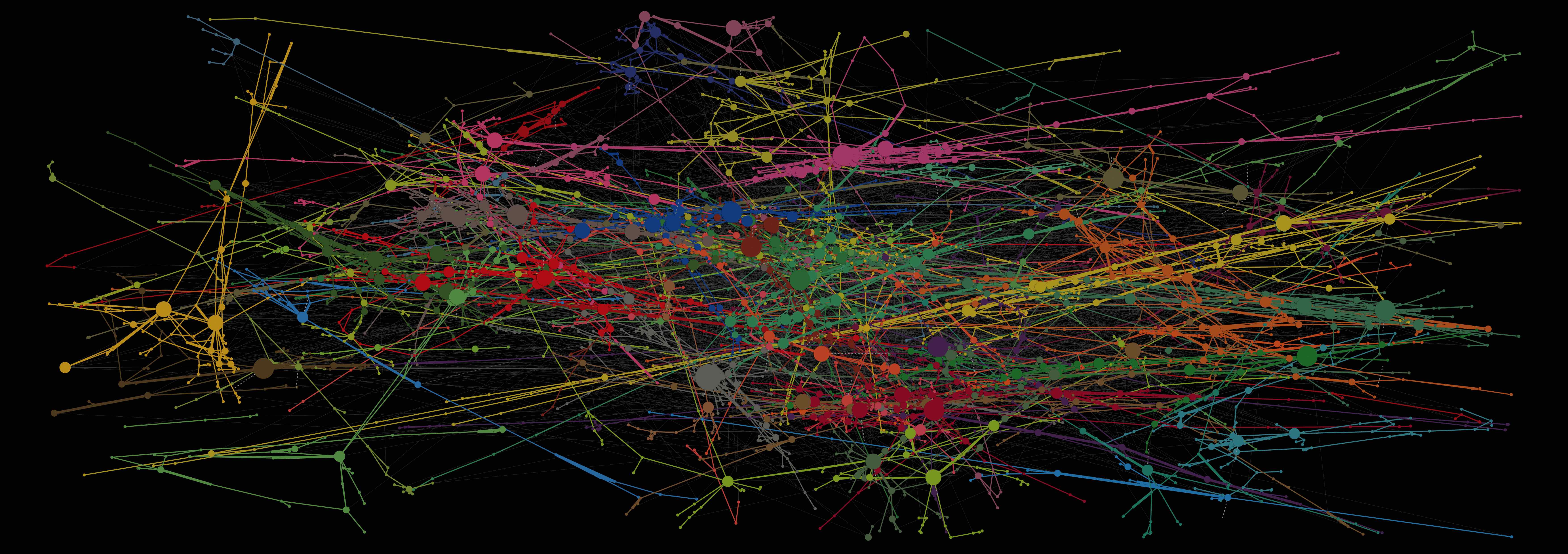
Abstract
Governments often use taxes to discourage undesired behaviors or encourage desired ones. One target of such interventions are reckless behaviors such as texting while driving, which in most cases are harmless but sometimes lead to catastrophic outcomes. Past research has demonstrated how interventions can backfire when taxes for specific options are set too high and other reckless behaviors remain untaxed. In the case of experience-based decisions, this undesirable outcome arises from people choosing as if they underweighted rare events. A popular explanation for this as-if underweighting lies in individuals basing their decisions on a small sample of past experiences. Here, we reevaluate the adverse effect of overtaxation using a different theoretical account. We show that a reinforcement-learning model that weights more recently observed outcomes stronger than past ones can provide an equally good account of individuals’ behavior. Furthermore, using this model, we show that individuals fall into two classes with qualitatively distinct patterns of behavior. We conclude that targeted interventions tailored at the one third of individuals who act myopically by disregarding catastrophic outcomes quickly after they have been experienced can be more effective than an omnibus intervention based on taxation.